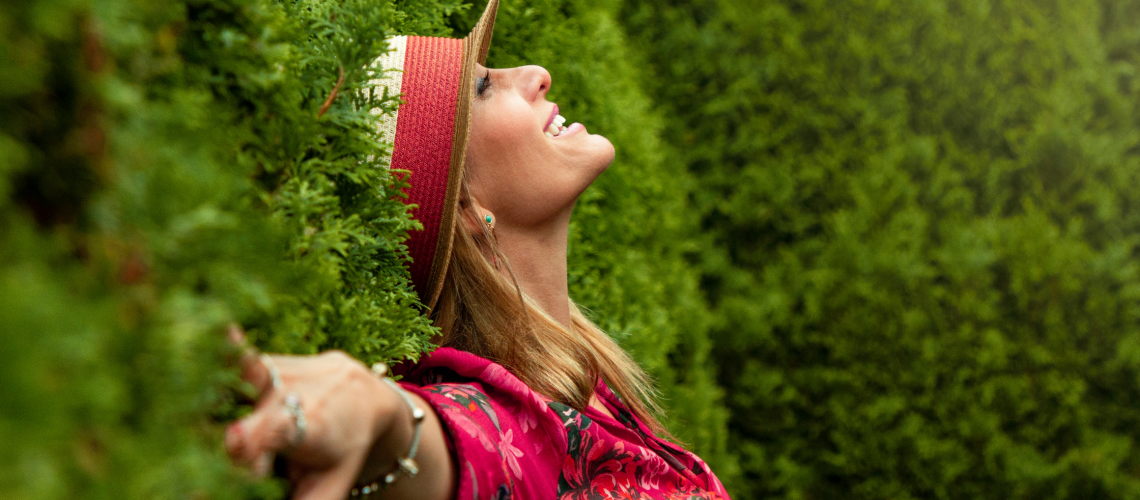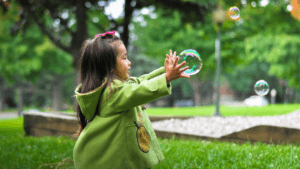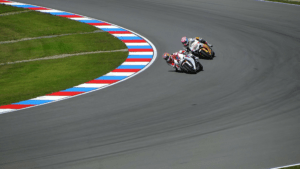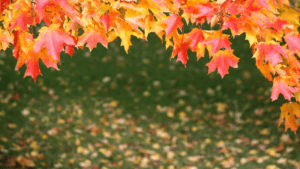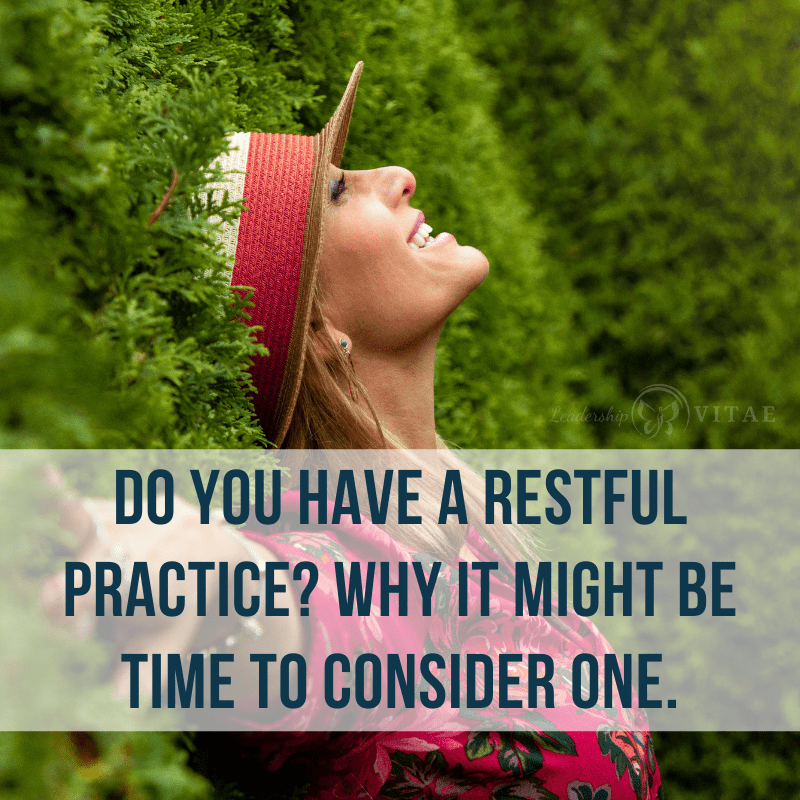
Every year, my son alternates holidays. One year, he’ll spend Thanksgiving (we call it Thanksmas) and spring break with me. The next year, it will be Christmas and New Years.
For years, I’ve looked forward to the holidays apart. Not because I didn’t want to be with him, but because I wanted time alone. I wanted to know what it felt like to be tether-less. Yet someone always intervened.
The first Thanksgiving, I traveled with a friend. The first Christmas, my parents were insistent I visit with them. The next Thanksgiving a friend wanted to spend it together. The same with the next Christmas.
This past year, I finally spent a holiday alone. It was everything I knew I was missing.
Time to rest
I had nine days on my hands where I didn’t have to be a parent. I decided to take time off from work as well, so I had no parental or work responsibilities. A few folks wanted to get together, but magically the invitations all dried up as we got closer to the holiday.
It was nine days without obligation. I didn’t have to be anything to anyone. And I don’t think I’ve ever had a more productive and restful time in my life.
I say productive because I wrote a LOT. More prolific than I’ve been in the decade plus that I’ve been writing with at least 12 articles written and 9 more drafted. I decorated my house for the holidays, watched movies and read a few books. Got my oil changed, car washed, and an appointment or two out of the way.
There were also a few naps, lots of walks, and some workouts. But mostly, it was about remembering not to over-commit and maintain boundaries. To do whatever seemed to provide the most physical or mental rest in the moment.
Restful practice
During the break, I read something about restful practice and it stuck with me. The idea of having a practice – an intention – of rest. Not naps or sleep. Not even “doing nothing.” But whatever it is that is rejuvenating to us. Building back up our spirit.
That is what my week in November was about. It was about reenergizing. Saying no to those things that were draining, and focusing on those that gave me energy.
Writing, walking, and talking on the phone with family were in. Meeting with anyone face to face was out. I’m an introvert, and people – even those I love dearly – can be draining. So engaging at a distance was perfect.
That made a great mix of reenergizing for me. For someone else, in-person interaction might have been a requirement. More physical activity or something competitive.
What is important is not the specific activity, but that we have the intention of stepping back from our work and life commitments to rest. To rejuvenate. In whatever form that looks like.
Prioritize rest
I don’t remember the last time I intentionally rested prior to that week in November. A Covid crash, where I couldn’t get off the couch? Sure. But that wasn’t healthy. I failed to cope and struggled to find my way back to healthy living.
That is why a restful practice is so important. If we wait until we crash, healthy coping can fail us. Instead, making a practice of intentional rest and rejuvenation can be a reset. The very thing we need so our normal coping mechanisms continue to work in times of need.
If we wait until we crash, that is not restful. Instead, we are recovering. By intentionally giving our minds, bodies, and spirits that which we need, we can stave off the inevitable crash. The one that may sneak up on us if we stay stubbornly focused on our daily roles and commitments.
When is the last time you reset? Took time to rest with intention? If you can’t remember when, it might be time to define what a restful practice might look like.
What do you include in a restful practice? Please share your thoughts in the comments for others to consider.

